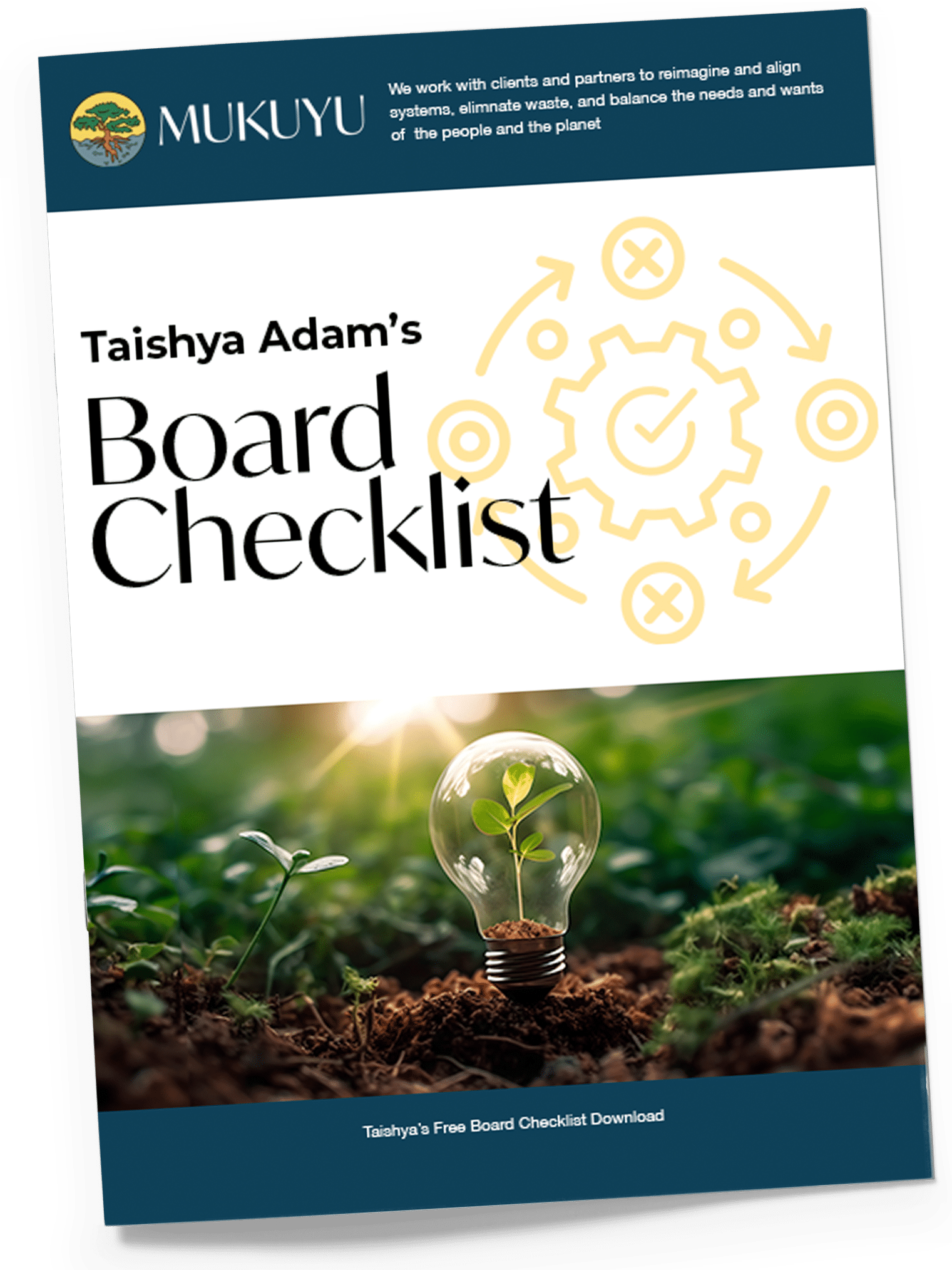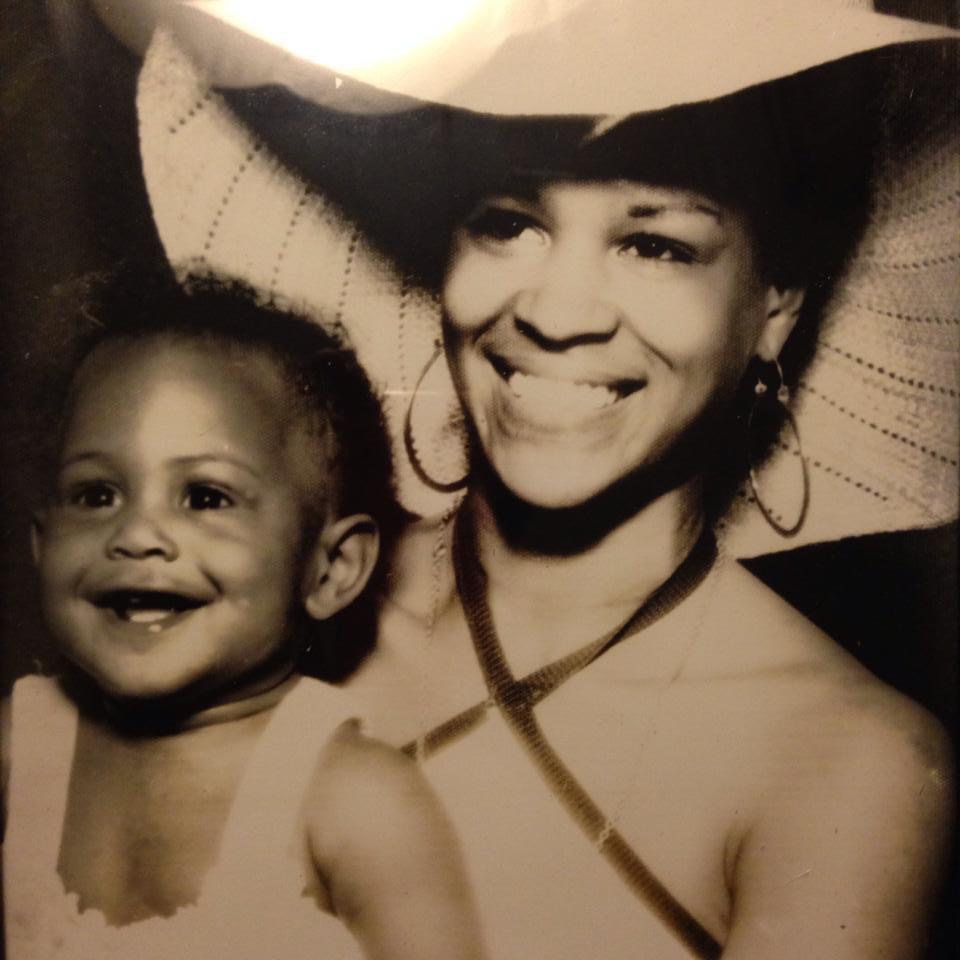
Welcome! Together, let’s increase understanding across cultural boundaries and inspire generations of water protectors.
This blog series is the first of many, with a goal of connecting people with memories, histories, and knowledge about water. Stories and memories are an accessible way to teach everyone- the 5th graders, the business people, the grandparents, and everyone in between. In this three part blog I will share stories of water in my personal life, water as I see it in the world, and finally how water connects our universe. Water has been used to destroy and poison communities, but also to heal them.
Drippin’ with Memories: Navigating Aquatic Legacies of Resilience and Empowerment
My toes dip beneath the pool water. The sun burns my shoulders and forehead, but I’m too excited to care. The key to cannonballing into the water hangs on a nylon loop around my mom’s neck. She’s the aquatic DJ and I’m waiting for her to play the melody that will unlock the splash zone.
Only moments later I remember another childhood summer as I bury those same toes in beach sand. The roar of the California tide beckons me away from my sandcastle. Away from the walls that protect me from its all consuming secrets. It roars again. In and out. Like breath. How can such a simple rhythm be a defining feature of life itself? I run towards it, for what else am I supposed to do? The current in my ears and the salt water in my hair feel like magic.
There’s a duality to water. It’s a cradle and a vastly unknown weapon. It’s the pool and it’s the ocean. Throughout history it has been the birthplace of life and connection, and also the conduit for oppression. It carried the dreams and aspirations of those who dared to stand against the current, including the remarkable stories of women-led slave revolts.
Let us dispel misconceptions about water. The blessing, and the curse.
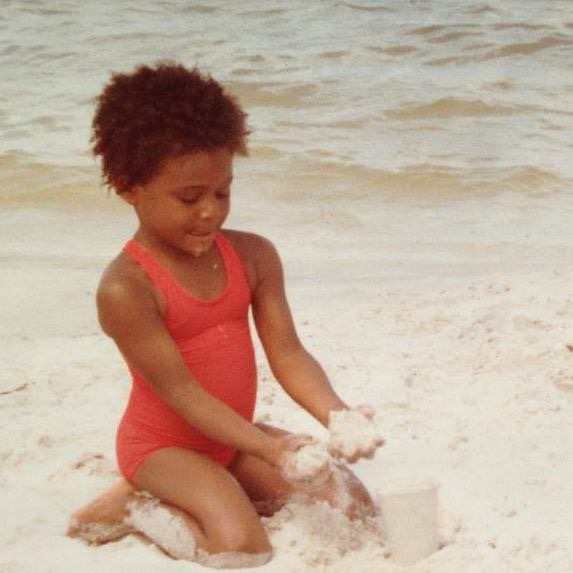
Cultural Resilience: Stories of Strength
As I grew older, I realized teaching was to be my lifelong undertaking. What would I teach? I wanted young Black people and others to hear the stories that I had lacked in my education. I wanted them to know that their ancestors were powerful, creative people who could shape their own destiny.
This is how I found myself at Alex Haley’s farm in Knoxville, Tennessee. I was there for the Freedom Schools summer and after school training that brought Black educators together from around the country. These schools were born from the ethos of the Black Panther Party, emphasizing collective liberation. Through African and African American history we found community, self-sufficiency, and agency. These teachings formed the foundation of my understanding of resilience and strength within the African and African American context.
However, it wasn’t until I joined Outdoor Afro, a non-profit that reconnects Black people with outdoor recreation and education, decades later, that I fully delved into aquatic history and culture. As I taught myself pieces of untaught history, I found a pivotal book, Undercurrents of Power: Aquatic Culture in the African Diaspora. This sparked a deep realization.
As I explored the cover of the book, I initially expected to see a white authority figure directing Black people on the shores. Instead, I discovered a rich history of play, flexible gender roles, and the renowned boating and diving expertise of West Africans. That relationship extended with enslaved Africans to the Americas. These are the inspiring stories I need to see more of in classrooms. These tales of strength and resilience now anchor me. They anchor me during the storms of mistruth, injustice, and tyranny with unwavering determination, because there is always more than just one story.
Embracing Aquatic Traditions: A Cultural Revival
I continue my journey to learn, unlearn, and relearn everyday. Movie night is no different. Whether its “Wade in the Water: A Journey into Black Surfers and Aquatic Culture” or “Black Waters,” a film about Black fly anglers, I’m so happy to see more nuanced story telling and reclaiming the past, present, and future. “
Our aquatic heritage has taught me two things. The first is that Black African ancestored people have always been deeply connected with the ocean. The second is that those ancient practices are the key to revitalizing collective liberation. These traditions are our roots and our resilience.
Cultural revival is essential to me, especially as I explore activities like fly fishing and kayaking. I have found connecting with my African heritage through water-centric traditions is deeply grounding.
The reclaiming of the African aquatic heritage has seen a significant increase in Black led outdoor organizations. Ingenuitive organizations like Vibe Tribe Adventures, BIPOC Mountain Collective, and Hunters of Color (HOC) aim to make the outdoors inclusive for BIPOC individuals. HOC shares our commitment to reconnecting with ancestral traditions and fostering a more inclusive outdoor community. These organizations share my fervor for asking, “How can we ensure that those who are affected have decision making power?” Together, we strive for greater fairness and inclusivity in all our affairs domestically and abroad.
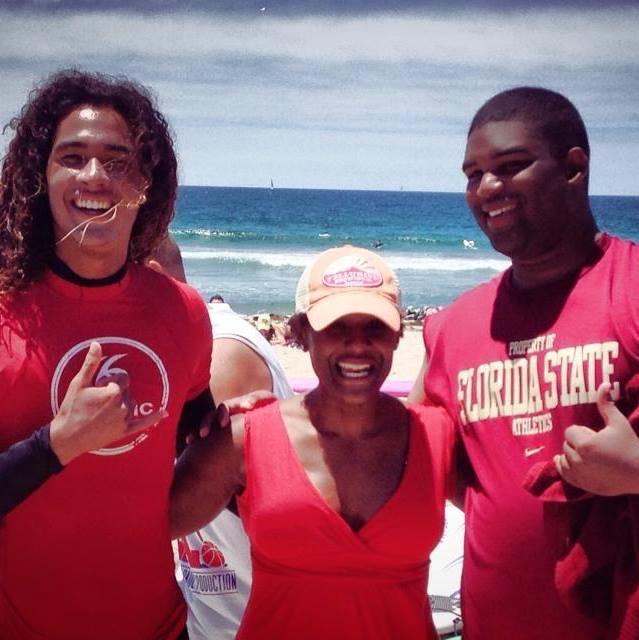
Ripples of Unity Across Oceans
As we reflect on the profound empowerment that comes from reconnecting with our roots and embracing our heritage, I could still recall a unique moment in March 1999 during the Ship for World Youth program. The Ship for World Youth program brought people together from every corner of the globe to build greater cultural knowledge and literacy. I went to high school in New York City, one of the most diverse cities in the US, but this was the first time I got to see a group of people who were truly representative of the whole world. The program also offered opportunities to go to different parts of the world – please like Japan, New Zealand, Ecuador, and Fiji.
This was also my first time on a ship. A fascinating part of being at sea for months on end with the same people, is that they all start to feel like integral parts of your daily experience … integral parts of your life. At ports of call I connected with locals, eating ceviche in Ecuador, and realizing that the Spanish language sounds and words differ from country to country.
I experienced the same day twice, when our ship crossed the date line in the South Pacific. This was a moment when I understood how deeply intertwined everyone on our earth is through water. Give or take 24 hours, we are all living with the consequences of each other’s actions. This emphasizes the importance of inclusive decision making on a global scale. If a certain voice wasn’t included, I knew one of my cabin mates would feel the repercussions of inadequate legislation and resource allocation.
The Ship for World Youth program made it possible to travel across countries, languages, and experiences. It demonstrates the power of shared stories and a worldwide community. I carry the wisdom I garnered on those waters with me every day.
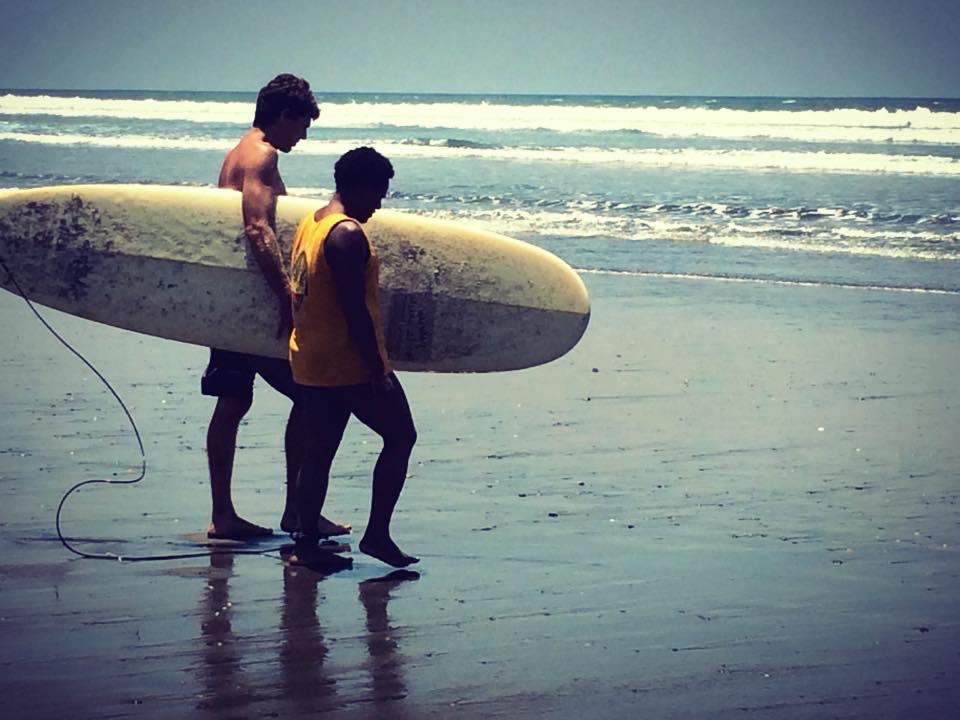
Conclusion:
Memories of water have shaped the very core of who I am. From sitting on the side of a pool yearning to swim, to learning about historical West African boating, to cruising around the world with an unlikely crew, I have gained a deep appreciation for how water connects civilization. Without it, we would not exist. Water brings us together, in both a blessing and a curse.
Call to Action:
- Water Use Activity – how much water do you use in a day? In a week? Check out “What’s Good in My Hood” for a family friendly water activity you can do!
- Support Black led and serving organizations reconnecting people to water like Black in Marine Science and Ocean Equity Collective.
